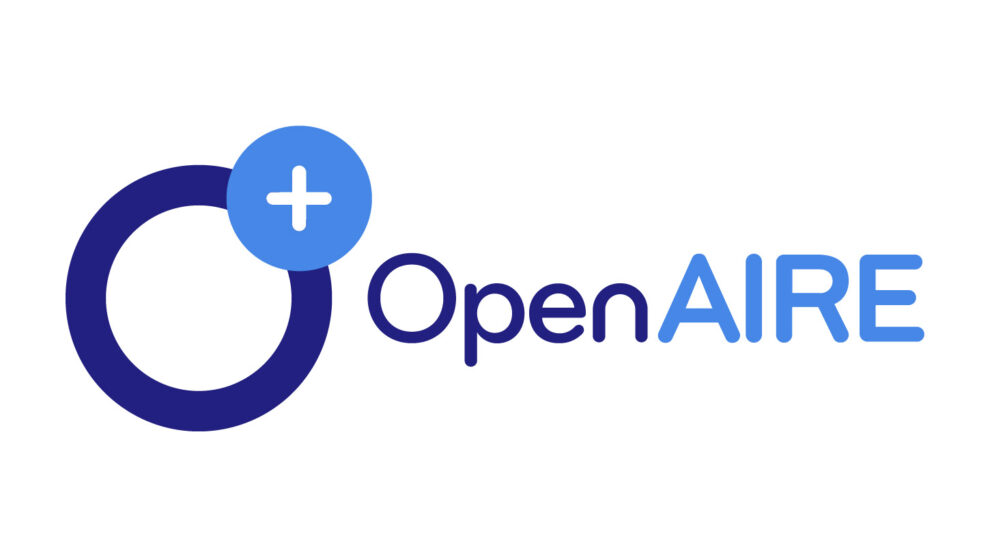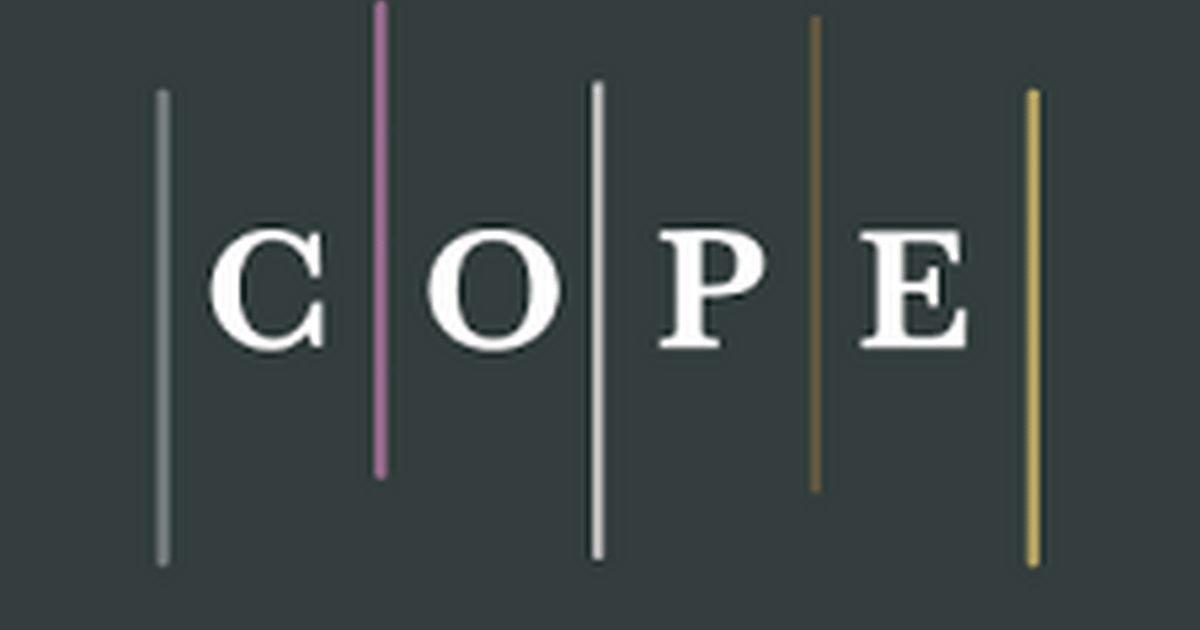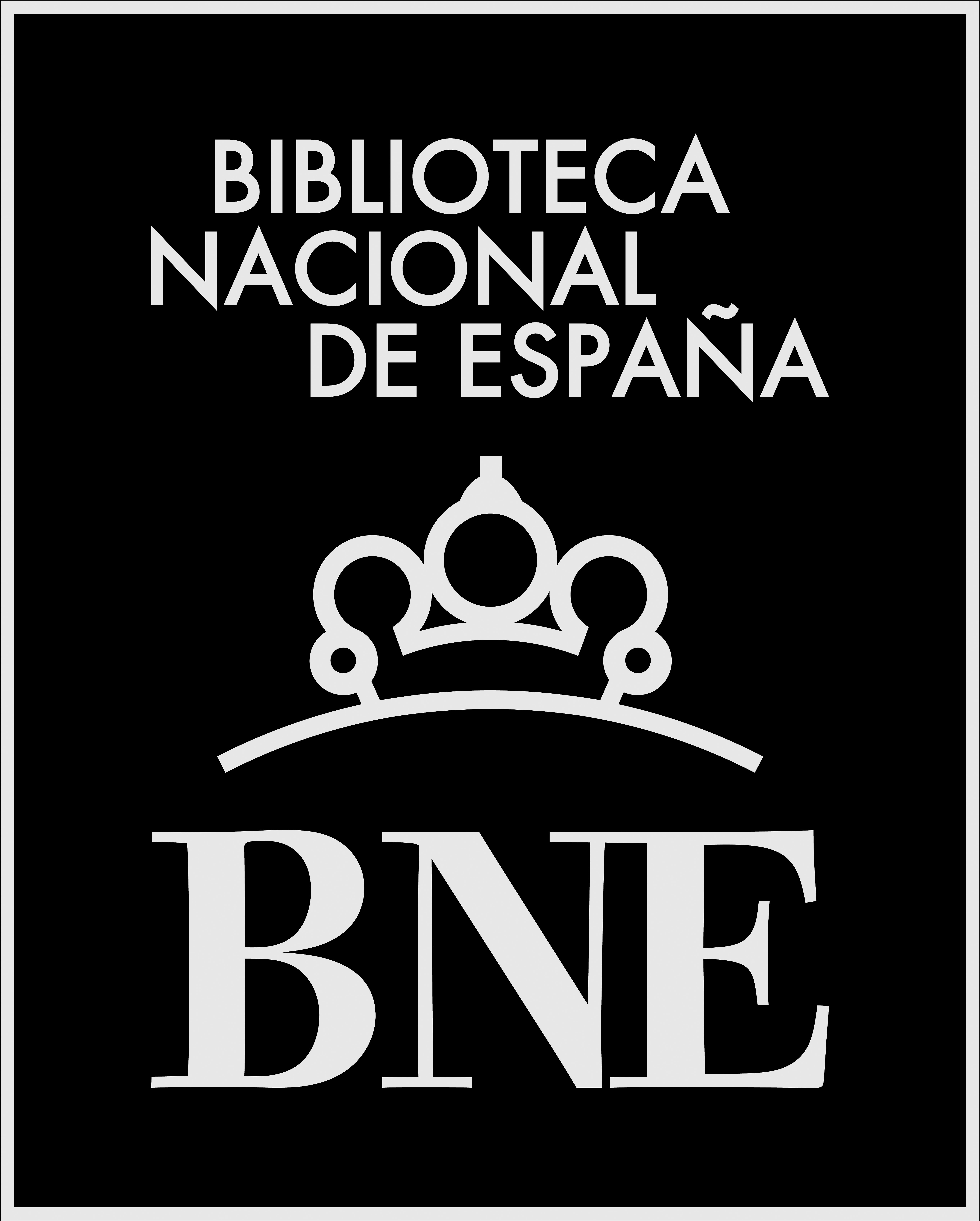Functional diversity in students and the use of ICTs: an innovation proposal
DOI:
https://doi.org/10.5281/zenodo.16418391Keywords:
Educational inclusion, Autism Spectrum Disorder, Educational technology, Functional diversityAbstract
This paper analyzes the impact of the use of information and communication technologies (ICT) in education, particularly in improving learning and inclusion of students with functional diversity, such as Autism Spectrum Disorder (ASD). It is framed within Sustainable Development Goal 4 of the 2030 Agenda, which calls for inclusive, equitable and quality education. Based on a theoretical review and an intervention proposal designed for a realistic context, it highlights the mediating role of ICT to promote autonomy, communicative, social and cognitive competence of students with special educational needs. The proposal contemplates the use of active methodologies, accessible digital tools and a gradual and personalized intervention structure, articulated within the framework of Universal Design for Learning (UDL). In addition, the need for teacher training and coordination with families is emphasized. The evaluation includes qualitative and quantitative instruments such as the sociogram, rubrics and teacher self-evaluations. It is concluded that technology, when integrated with pedagogical sense, can favor an effective and sustained inclusion, contributing to reduce the digital divide and promote a transformative and equitable education.
Downloads
References
Araque, N. y Barrio J. (2010). Atención a la diversidad y desarrollo de procesos educativos inclusivos. Prisma Social, 4, 1-37. https://www.redalyc.org/pdf/3537/353744577013.pdf
Area Moreira, M., y Pessoa, T. (2012). De lo sólido a lo líquido: Nuevas alfabetizaciones ante los cambios culturales de la Web 2.0. Comunicar, 19(38), 13-20. https://www.revistacomunicar.com/pdf/preprint/38/01-PRE-12378.pdf
Arnaiz, P. (2012). Escuelas eficaces e inclusivas: cómo favorecer su desarrollo. Educatio Siglo XXI, 30(1), 25-44. https://revistas.um.es/educatio/article/view/149121
Arroyo-Resino, D., Sandoval-Hernández, A., y Eryilmaz, N. (2021). Characteristics of the schools resilient to violence. A study based on data from ICCS 2016 in Chile, Mexico and Colombia. International Journal of Educational Research, (109), 1-41. https://doi.org/10.1016/j.ijer.2021.101839
Belloch, C. (2015). Las Tecnologías de la Información y Comunicación en el aprendizaje. Universidad de Valencia. https://www.uv.es/bellochc/pedagogia/EVA1.pdf
Bermejo Rodríguez, J., y Toledo Lara, G. (2025). Hacia una comprensión filosófica del currículo: nuevas lógicas emergentes. Revista de Estudios Pedagógicos Contemporáneos, 1(1), 1-15.https://doi.org/10.5281/zenodo.14677578
Betancur Chicué, V., y García-Valcárcel Muñoz-Repiso, A. (2022). Necesidades de formación y referentes de evaluación en torno a la competencia digital docente: revisión sistemática. Fonseca, Journal of Communication, 25, 133–147. https://doi.org/10.14201/fjc.29603
Bonilla-Del-Rio, M., García-Ruiz, R., y Pérez Rodríguez, M. (2018). La educomunicación como reto para la educación inclusiva. EDMETIC, 7(1), 66-85. https://doi.org/10.21071/edmetic.v7i1.10029
Booth, T., y Ainscow, M. (2011). Index for inclusion: Developing learning and participation in schools. Centre for Equity in Education. https://www.eenet.org.uk/resources/docs/Index%20English.pdf
Cabrero, J. (2018). TIC y Educación en la sociedad del conocimiento. En J.M. Ortega (Ed). Tecnología en entornos educativos. Ediciones Paraninfo.
Carrión Ramírez, B., y Rincón Soto, I. (2025). Discapacidad e inclusión social: avances y nuevos retos en la educación superior ecuatoriana. Revista de Estudios Pedagógicos Contemporáneos, 1(1), 1-11. https://doi.org/10.5281/zenodo.14788238
Casillas, A., A, M., Ramírez, M., Ortega, G., y Carlos, J. (2016). Afinidad tecnológica de los alumnos universitarios. Innovación Educativa, 16(70), 151–175. https://www.redalyc.org/pdf/1794/179445403008.pdf
Chrobak, R. (2017). El aprendizaje significativo para fomentar el pensamiento crítico. Archivos de Ciencias de la Educación, 11(12), 1-12. https://doi.org/10.24215/23468866e031
Echeita Sarrionandia, G. (2013). Inclusión y exclusión educativa. De nuevo “voz y quebranto”. REICE. Revista Iberoamericana sobre Calidad, Eficacia y Cambio en Educación, 11(2), 99-118. https://revistas.uam.es/reice/article/view/2899/3115
Edyburn, D. (2010). Would you recognize assistive technology if you saw it? Ten propositions for thinking about assistive technology. Journal of Special Education Technology, 25(3), 33-41. https://doi.org/10.1177/073194871003300103
Fuentes Gutiérrez, V., García-Domingo, M., Amezcua Aguilar, P., y Amezcua Aguilar, T. (2021). La Atención a la Diversidad Funcional en Educación Primaria. REICE. Revista Iberoamericana sobre calidad, eficacia y cambio en educación, 19(1), 105–122. https://doi.org/10.15366/reice2021.19.1.006
Gallardo, L. y Buleje, J. (2010). Importancia de las TIC en la Educación Básica Regular. Investigación Educativa, 14(25), 209-224. https://link.gale.com/apps/doc/A298614362/IFME?u=anon~57b0c755&sid=googleScholar&xid=f934cb1d
Hitchcock, C., Meyer, A., Rose, D., y Jackson, R. (2002). Providing new access to the general curriculum: Universal design for learning. Teaching Exceptional Children, 35(2), 8-17. https://doi.org/10.1177/004005990203500201
INTEF. (2017). Marco Común de Competencia Digital Docente – septiembre 2017. Instituto Nacional de Tecnologías Educativas y de Formación del Profesorado. http://aprende.educalab.es/sites/default/files/2018-05/2017_1020_Marco-Com%C3%BAn-de-Competencia-Digital-Docente.pdf
INTEF. (2020). Plan Digital de Centro: Descripción y guía. Instituto Nacional de Tecnologías Educativas y de Formación del Profesorado. https://intef.es/wp-content/uploads/2020/07/2020_0707_Plan-Digital-de-Centro_-INTEF.pdf
Martínez, I., Arias Valle, J., y Yuquilema Quinche, R. (2023). Aplicación efectiva del Modelo TPACK en las Estrategias Pedagógicas. Revista de Investigación, Formación y Desarrollo: Generando Productividad Institucional, 11(2), 76-85. https://dialnet.unirioja.es/descarga/articulo/9936601.pdf
Olguín-Meza, M. (2022). Estudio del uso de las TICs para la inclusión en niños con discapacidades diferentes. Con-Ciencia Boletín Científico de la Escuela Preparatoria 3, (17), 34-38. https://repository.uaeh.edu.mx/revistas/index.php/prepa3/article/view/8310
Oliver, M. (1990). The politics of disablement. Macmillan Education UK.
Organización de las Naciones Unidas. (2016). Educación. https://www.un.org/sustainabledevelopment/es/education/
Organización de las Naciones Unidas. (2016). Objetivos de Desarrollo Sostenible. https://www.un.org/es/impacto-academico/page/objetivos-de-desarrollo-sostenible
Parra, L., y Agudelo, A. (2020). Innovación en las prácticas pedagógicas mediadas por TIC. En R. Canales y C. Herrera (Eds.), Acceso, democracia y comunidades virtuales (pp. 51-64). CLACSO. https://doi.org/10.2307/j.ctv1gm00v8.6
Rincón Soto, I. (2025). Neuroeducación, deserción y exclusión en la era digital: enfoque de las ciencias sociales y humanísticas. Revista de Estudios Pedagógicos Contemporáneos, 1(1), 1-16. https://doi.org/10.5281/zenodo.14788217
Romañach, J., y Lobato, M. (2005). Diversidad funcional, nuevo término para la lucha por la dignidad en la diversidad del ser humano. Foro de vida independiente, 5, 1-8. http://forovidaindependiente.org/wp-content/uploads/diversidad_funcional.pdf
SMOWL. (s.f.). TIC en educación: qué son, usos, herramientas e importancia. https://smowl.net/es/blog/tic-en-educacion/
Solórzano-Barberán, G. (2021). Tecnologías de información y comunicación (TIC) en la educación. Políticas, Conocimiento y Cultura, 6(3), 2246-2260. https://doi.org/10.23857/pc.v6i3.2504
Toboso Martín, M. (2021). Afrontando el capacitismo desde la diversidad funcional. En M. Toboso y M. Ferreira (Eds.), Capacitismo. Dilemata, Revista Internacional de Éticas Aplicadas, 36, 69-85. https://dilemata.net/revista/index.php/dilemata/article/view/412000450/772
Toledo Lara, G. (2024). La universidad posmoderna: perspectivas e implicaciones de una institución en permanente cambio. Aposta. Revista de Ciencias Sociales, 103, 101-116, http://apostadigital.com/revistav3/hemeroteca/toledolara2.pdf
Toledo Lara, G. (2022). El aprendizaje en la sociedad de la información: alternativas de exploración teórica. Conrado, 18(89), 208-215. http://scielo.sld.cu/scielo.php?pid=S1990-86442022000600208&script=sci_arttext
UNESCO. (2016). Innovación educativa. UNESCO. https://unesdoc.unesco.org/ark:/48223/pf0000247005
Valverde-Berrocoso, J., Garrido Arroyo, M., y Fernández Sánchez, M. (2020). Tendencias emergentes en tecnología educativa en educación superior. RIED. Revista Iberoamericana de Educación a Distancia, 23(1), 9-27. http://hdl.handle.net/10662/8658
Downloads
Published
Issue
Section
License
Copyright (c) 2025 Gonzalo Adrián Espejo Marín (Autor/a)

This work is licensed under a Creative Commons Attribution-NonCommercial-NoDerivatives 4.0 International License.
This journal provides immediate open access to all its content, following the principle that making research freely available to the public fosters a wider global exchange of knowledge. In line with this commitment, the articles published in the Revista de Estudios Pedagógicos Contemporáneos are licensed under a Creative Commons CC BY 4.0 — Attribution International License, which allows sharing and adaptation of the content, provided appropriate credit is given to the authors and the journal.
How to Cite
Similar Articles
- Camino Sánchez Ortiz, Addressing diversity through educational technology: an intervention in multigrade classrooms in early childhood and primary education , The Journal of Contemporary Pedagogical Studies : Vol. 1 No. 1 (2025)
- Juan Antonio Palazón Conca, Promoting gender equality in the classroom through ict: a case study in elementary education , The Journal of Contemporary Pedagogical Studies : Vol. 1 No. 1 (2025)
- Elena Sánchez Clemente, The Families Forest: An Innovation Proposal for Early Childhood Education , The Journal of Contemporary Pedagogical Studies : Vol. 1 No. 1 (2025)
- Begoña Planells Hernani, Extracurricular course experience “Pedagogy of Play” , The Journal of Contemporary Pedagogical Studies : Vol. 1 No. 1 (2025)
- Gustavo Toledo Lara, Editorial , The Journal of Contemporary Pedagogical Studies : Vol. 2 No. 2 (2026)
- Cristina Serván Melero, Researching from the margins of qualitative educational research. , The Journal of Contemporary Pedagogical Studies : Vol. 2 No. 2 (2026)
- Pablo Alejandro Veintimilla Ramirez , Educational reforms and public policies in upper secondary education: a comparative analysis of the cases of Spain and Ecuador , The Journal of Contemporary Pedagogical Studies : Vol. 1 No. 1 (2025)
- Miguel Salgado García, Service-Learning and oral health education: a methodological proposal in vocational healthcare training , The Journal of Contemporary Pedagogical Studies : Vol. 1 No. 1 (2025)
- Sheila Tárano Ruiloba, Discovery through sensory experimentation: an innovation proposal for the 2nd cycle of Early Childhood Education , The Journal of Contemporary Pedagogical Studies : Vol. 1 No. 1 (2025)
- Brenda Miroslava Carrión Ramírez, Idana Beroska Rincón Soto, Disability and social inclusion: progress and new challenges in ecuadorian higher education , The Journal of Contemporary Pedagogical Studies : Vol. 1 No. 1 (2025)
You may also start an advanced similarity search for this article.
















